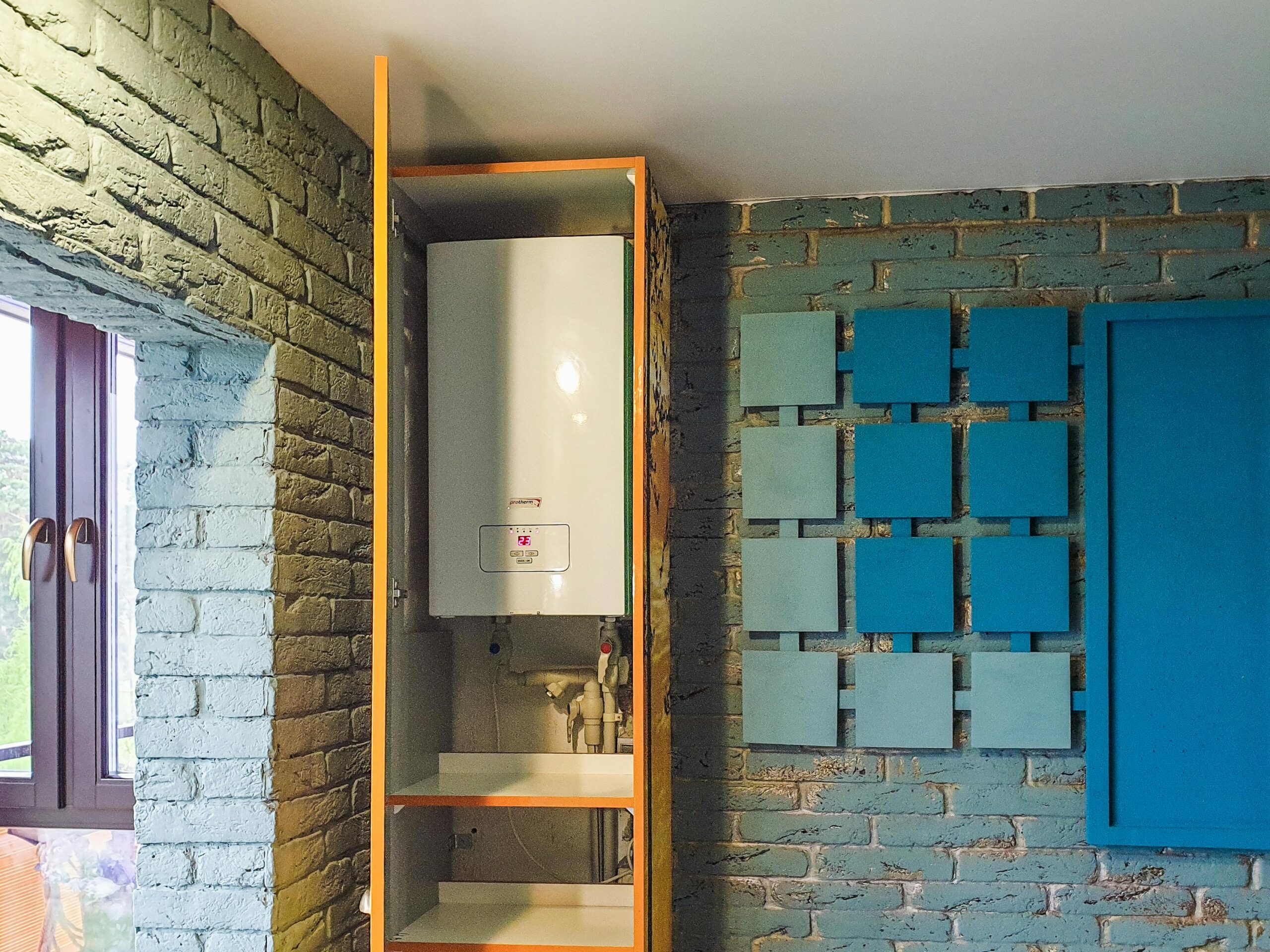A water heater is one of the most essential appliances in any home, providing warm and comfortable showers and facilitating tasks like washing dishes or clothes. Its unobserved operation often makes us forget about its maintenance. However, without proper care, a water heater can succumb to wear and tear, leading to a shorter lifespan and unexpected costs. This article will guide you through some wisdom ensuring your water heater operates proficiently for an extended period. Let us delve into the nitty-gritty of preserving your tank’s life.
Recognising Water Heater Types
Before commencing maintenance plans, it is vital to know what type of water heater you have. There are three primary types of water heaters: tankless, storage-tank, and heat pump/ hybrid heaters. Each type has specific maintenance requirements and guidelines that should be followed to ensure optimum performance over its lifespan.
Selecting the Appropriate Temperature
Do not overlook the significance of setting an appropriate temperature for your water heater. The factory-set temperature is mostly 140 degrees Fahrenheit; however, setting it at 120 degrees Fahrenheit is typically enough for domestic use. Lowering the thermostat can prevent potential damages due to overheating, also saving energy costs. Discover more on how these minor adjustments serve a significant role in prolonging your tanks’ life.
Scheduled Tank Flushes
Flushing your tank helps in removing sediments accumulated at its bottom which may cause the tank to work harder than necessary, causing corrosion over time. Every six months to a year, depending on usage and water hardness, consider draining about one-quarter of the tank by connecting a hose to the drain valve for effective flushing.
Anode Rod Inspection
Regular inspection of the anode rod is essential. This sacrificial rod attracts corrosive substances, protecting the tank from these harmful elements. If your anode rod is heavily corroded, consider replacing it to prevent further damage to your water heater.
Avoiding High-Pressure
High water pressure can be detrimental to your water heater and pipework. Using a pressure gauge to monitor your home’s water pressure allows you to keep it within the recommended range, between 50-70 PSI, for optimal performance and lifespan extension.
Treating Hard Water
If your home receives hard water, consider investing in a water softener. Several minerals like calcium and magnesium present in hard water create build-up inside the tank leading to inefficiency and eventually breakdown. A quality water softener removes these minerals before reaching the water heater.
Temperature and Pressure Relief Valve Check
The temperature and pressure (T&P) relief valve is a safety feature that releases excess pressure if the tank overheats. Ensure annual testing by lifting the lever on top—this should release a burst of hot water into the drain pipe. If not, replacement is necessary.
Insulating Your Tank
Insulation jackets or blankets can substantially improve your tank’s efficiency by keeping the heat in, requiring less energy to heat water. This procedure is generally applicable more for older models, as new ones usually come pre-insulated.
Efficient Sizing
The size of your heater should correspond with those living in your household. Knowing how much hot water you need can help prevent demands beyond capacity which can strain engines and degrade components faster.
Not Ignoring Leaks
Small leaks may seem harmless, but left untreated for an extended period can result in severe damages. Routine inspections around your heater can identify potential leakages that need immediate attention.
Proactive Replacement
Better to be safe than sorry. If your heater is nearing the end of its lifespan, be proactive about replacing it before potential complications arise, leading to more inconvenient and costly situations.
Hiring Professionals
Sometimes, it is better to entrust the job to professional caretakers when it comes to your water heater maintenance. They have the necessary knowledge, tools and experience required for a more thorough job.
Importance of Regular Maintenance
Whether you have a brand-new unit or an older model, regular maintenance is key to longevity. The little efforts, time and cost today will lead you to savings down the line in energy costs and expensive repairs. It also lets you enjoy those warm showers without worrying about possible breakdowns.
The Takeaway
Prolonging the lifetime of a water heater does not require technical expertise but mainly includes regular inspection, appropriate temperature settings, sufficient insulation and timely replacements when needed. By following these simple steps listed above, a bit of preventive care can keep your tank operating efficiently for years to come.
